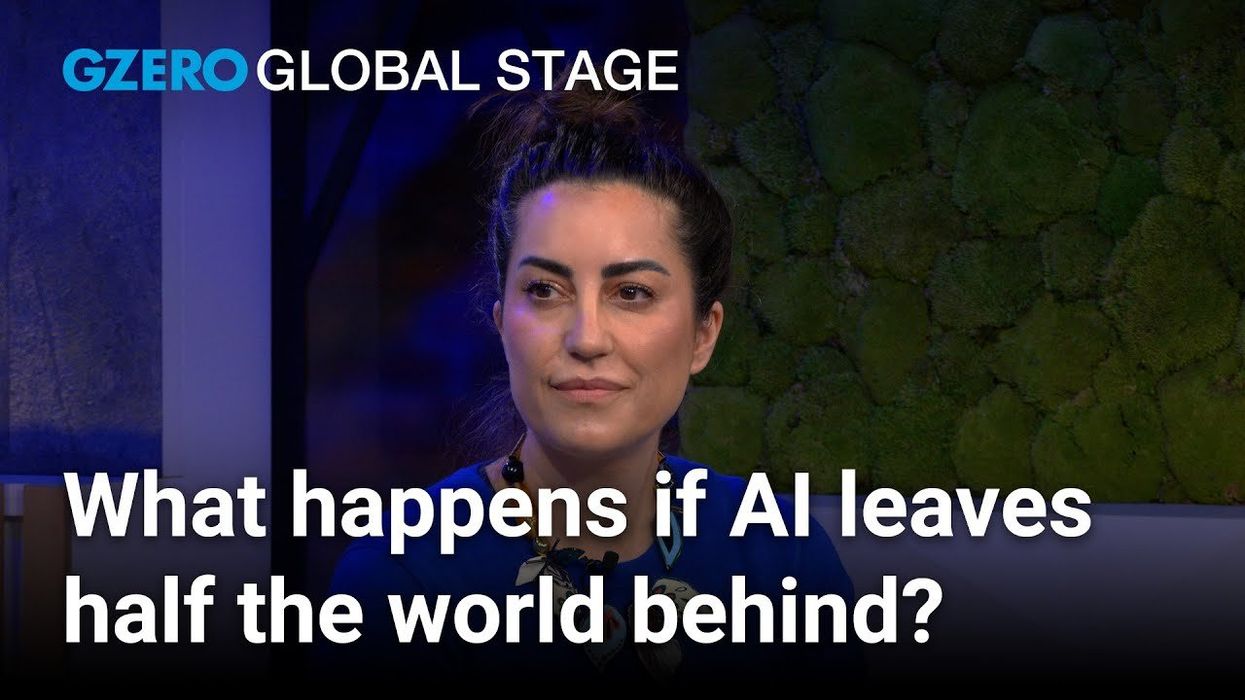UN STI Forum
Customizing AI strategies for every region, culture, and language is critical
As artificial intelligence races ahead, there’s growing concern that it could deepen the digital divide—unless global inclusion becomes a priority. Lucia Velasco, AI Policy Lead at the United Nations Office for Digital and Emerging Technologies, warns that without infrastructure, local context, and inclusive design, AI risks benefiting only the most connected parts of the world.
May 10, 2025

